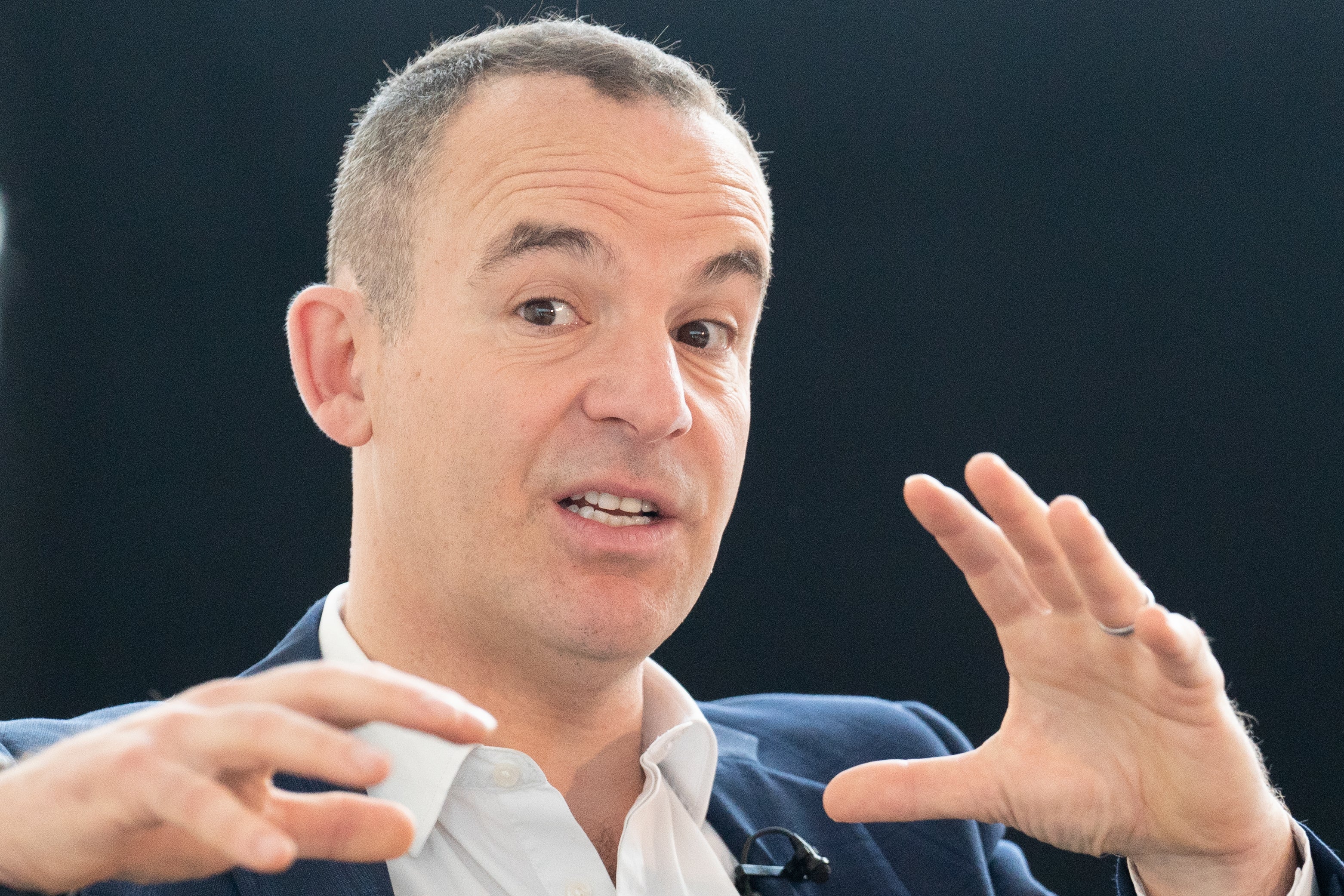Energy bills to go up from tomorrow – but experts say costs can be cut if you act fast
The winter months are set to bring higher-than-average bills – here’s what experts are advising
Your support helps us to tell the story
From reproductive rights to climate change to Big Tech, The Independent is on the ground when the story is developing. Whether it's investigating the financials of Elon Musk's pro-Trump PAC or producing our latest documentary, 'The A Word', which shines a light on the American women fighting for reproductive rights, we know how important it is to parse out the facts from the messaging.
At such a critical moment in US history, we need reporters on the ground. Your donation allows us to keep sending journalists to speak to both sides of the story.
The Independent is trusted by Americans across the entire political spectrum. And unlike many other quality news outlets, we choose not to lock Americans out of our reporting and analysis with paywalls. We believe quality journalism should be available to everyone, paid for by those who can afford it.
Your support makes all the difference.Energy bills are set to rise from tomorrow as Ofgem’s energy price cap increases and the winter months arrive. From October until the end of January, the cap will increase by 10 per cent to £1,717.
The rise comes after two consecutive price drops since April, and at a bad time of the year for UK households as temperatures start to drop. It is also predicted that the cap will remain at a similar level from January until April.
This will mean most are likely to start using more energy to heat their homes over the next six months, whilst also paying a higher price to do so.
While the news won’t be welcomed by households that are already struggling with high costs, experts say there are several options to help reduce energy bills this winter.

The first will require bill payers to act soon. Money expert Martin Lewis has recommended that households consider locking in to a fixed price before next week’s rise, potentially saving hundreds on their bills. He recommends several providers which are offering the cheapest standalone energy fixes for 12 months.
However, there are several other means of support can still be accessed after the price increase. For instance, a number of energy suppliers offer help for those struggling with their bills. These include Scottish Power, EDF, E.ON and Octopus. British Gas also offer a grant of up to £2,000 to customers of any energy provider.
Meanwhile, EDF Energy is offering certain customers free energy on Sundays when they sign up to its ‘Sunday Saver’ challenge. This will require them to shift electricity use away from ‘peak hours’, with 10 per cent less usage earning four free hours, for example.
Some low-income households or those in receipt of certain benefits may also be eligible for other support. For instance, the household support fund, delivered by local authorities, is designed to help vulnerable people living in any given area. Residents are advised to get in touch with their council to find out what’s available.
And for people aged over the pension age (66+), there’s the winter fuel payment which provides £150 towards energy bills. In previous years, this has been available to all pensioners, but is now only paid to those who are claiming pension credit. The DWP advises all pensioners who receive under £218.15 a week to check if they are eligible for the benefit.

Join our commenting forum
Join thought-provoking conversations, follow other Independent readers and see their replies
Comments